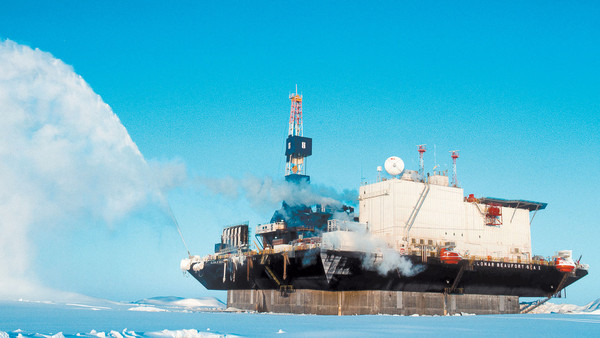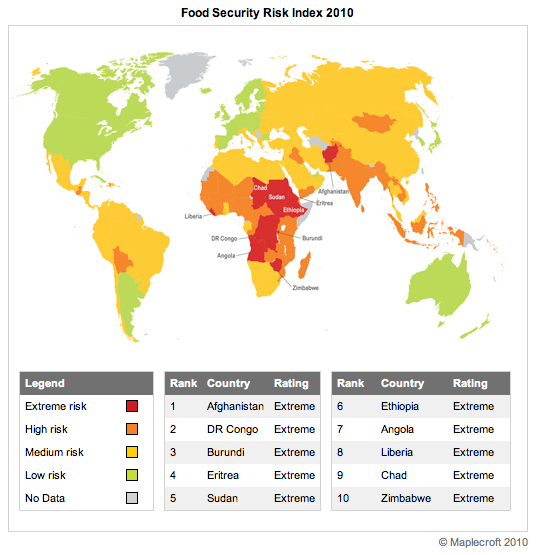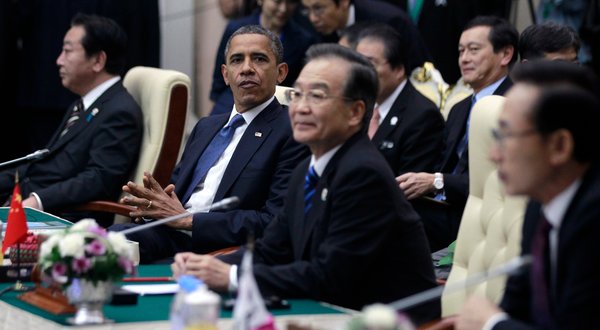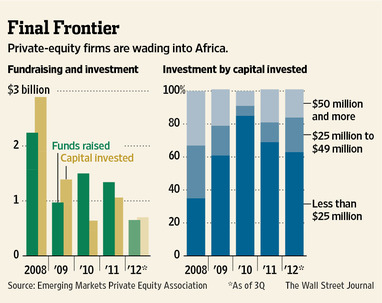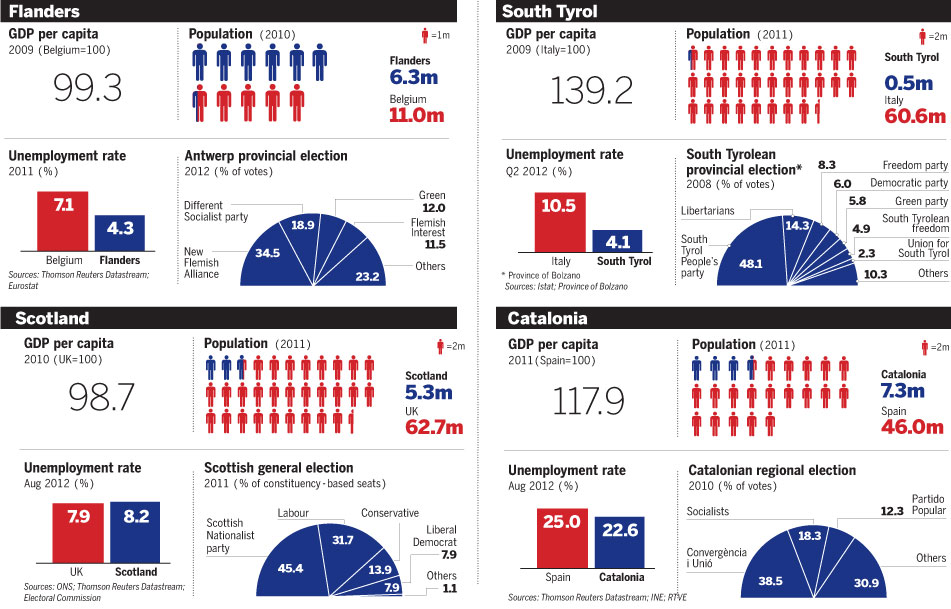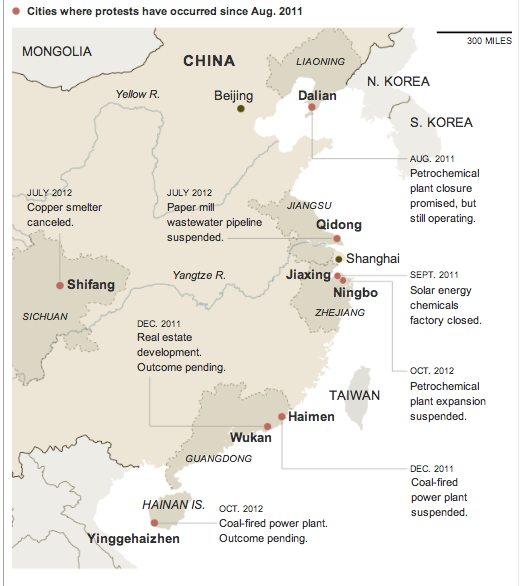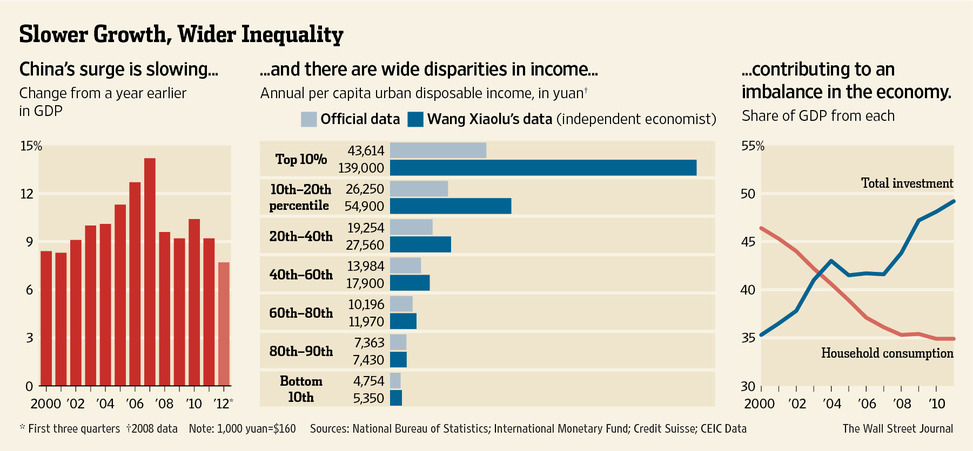Pair of WSJ stories.
Front-pager lead from yesterday notes that "Election May Hinge On Latino Turnout." Get used to that headline, and get used to it working against the immigration-unfriendly GOP.
Obama is currently polling at 70% (Romney 25%) among the fastest growing segment of the electorate.
The key to Obama's win, we are told, is getting out the vote.

Second story covers that in a way that will infuriate Republicans, but it's their own damn fault:
Thousands of illegal-immigrant youths are at the forefront of national efforts to get immigrant and Latino citizens to the polls next week, the latest demonstration of the increasingly organized and vocal group's power.
In swing states like Florida, Ohio and Colorado, the young people—often referred to as Dreamers after the failed Dream Act legislation that would have offered them a path to citizenship—are running phone banks, going door to door and approaching students on college campuses to encourage voting. They also are active in California, a Democratic stronghold, and Texas, where Republicans have the edge.
The group is targeting Latinos, the fastest-growing electorate in the U.S., whose turnout at the polls is traditionally lower than that of blacks and whites. Polls show an overwhelming advantage for President Barack Obama among Latino voters, but the Dreamers efforts also could boost Democratic support in state and congressional races, supporters and opponents agree.
The revenge of the denied citizens!
We shoot ourselves in the foot regarding Latin America, which, over the long term, is our greatest source of economic growth and ultimately power.
We shoot ourselves in the foot over immigration and drugs.
Immigration is what keeps this country "young." We are mean age 36 right now, but that will rise to just under 40 at 2050, primarily because of immigration and the high fertility associated with that (for the first 2-3 generations). By way of contrast, China, which is also 36 years old now, will reach almost 48 by 2050, which will constitute a huge drag on its economy.
But China's long-term advantage is this: it's surrounded by younger regions poised for lengthy demographic dividends (high proportion of workers to dependents). First there's SE Asia, which will enjoy a demographic dividend on par with China's of the last 4 decades, and then there's India, which will enjoy an even bigger one through mid-century.
Being surrounded by faster growing economies is a sure way to lift your own as growth tapers off due to modernity, advanced status, slowing demographics, etc. So, long term, China gets a lot of help.
We could too via Latin America, if we didn't make the drug war the centerpiece of our foreign policy throughout the hemisphere. Instead, we cede a lot of that growth to others (Europe, Asia) when we should be expanding southward as a center of gravity in free-trade zones and ultimately as a multinational union.
But that will all come with time. We just don't have any political leaders with genuine vision.
But get us to 2050, when one of three US voters will have some Hispanic blood in them? Hmm. Much will change.
Republicans will lose more and more elections until they change their anti-growth tune. They are swimming against the tide called the future.
 Monday, December 3, 2012 at 12:30PM
Monday, December 3, 2012 at 12:30PM 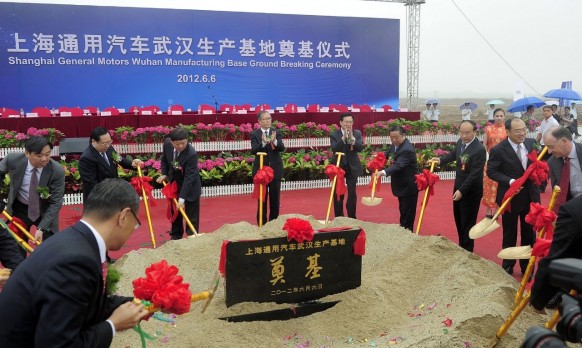
 China,
China,  US,
US,  auto industry,
auto industry,  globalization | in
globalization | in  Citation Post |
Citation Post |  Email Article |
Email Article |  Permalink |
Permalink |  Print Article
Print Article 








